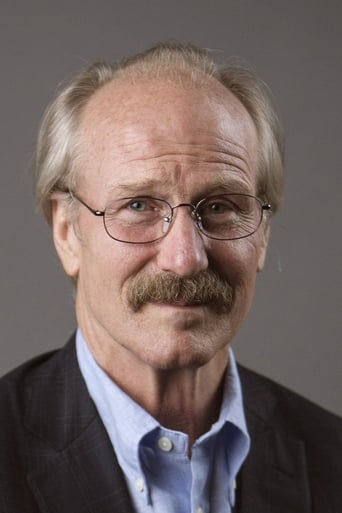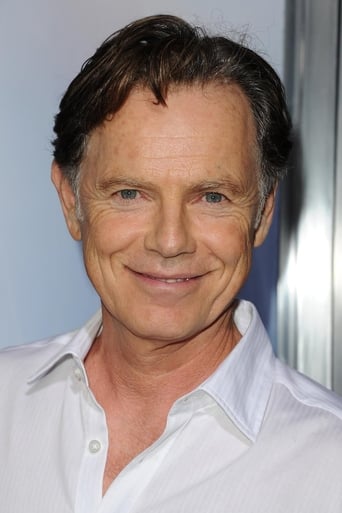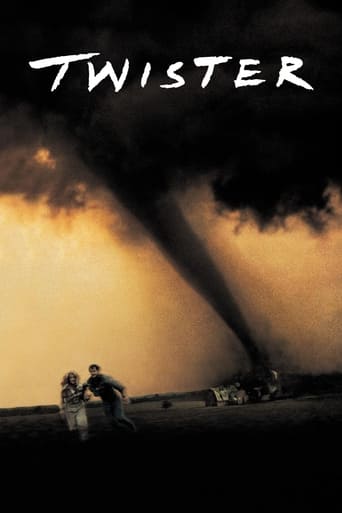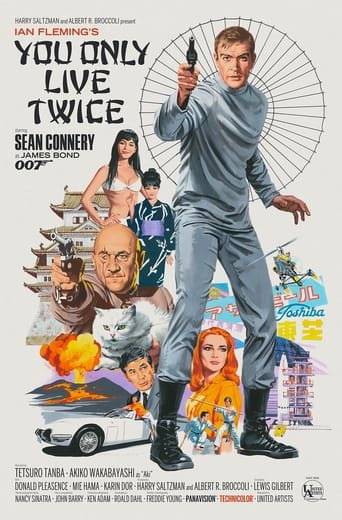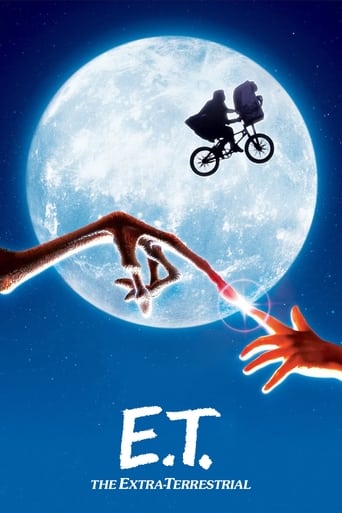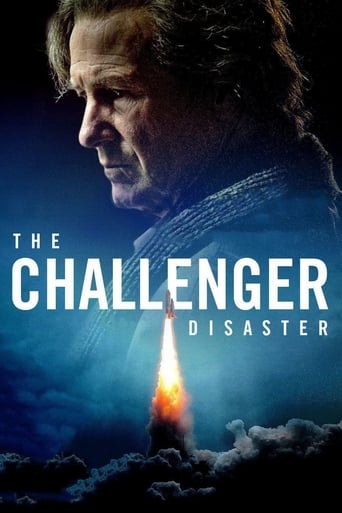
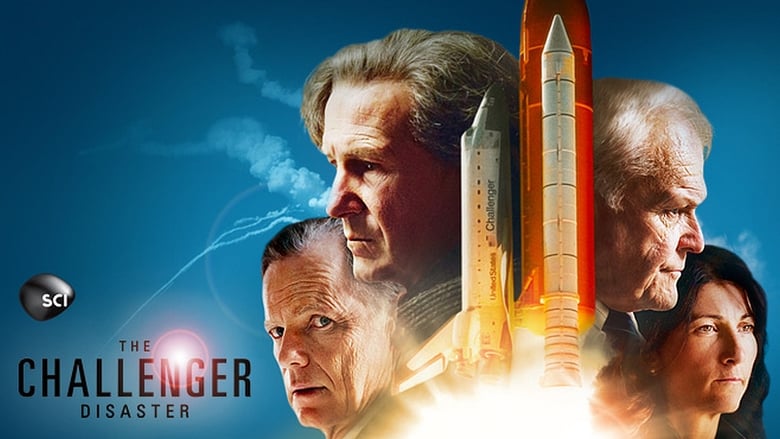
The Challenger (2013)
When the space shuttle Challenger blew up in 1986, it was the most shocking event in the history of American spaceflight. The deaths of seven astronauts, including the first teacher in space Christa McAuliffe, were watched live on television by millions of viewers. But what was more shocking was that the cause of the disaster might never be uncovered. The Challenger is the story of how Richard Feynman, one of America's most famous scientists, helped to discover the cause of a tragedy that stunned America.
Watch Trailer
Cast
Similar titles

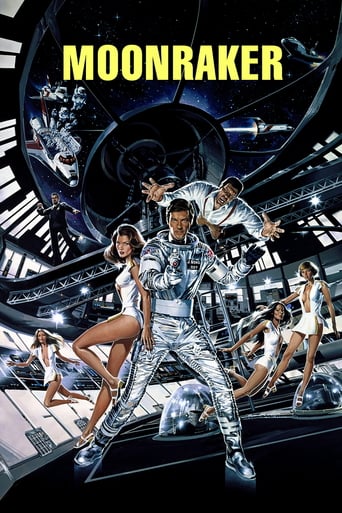
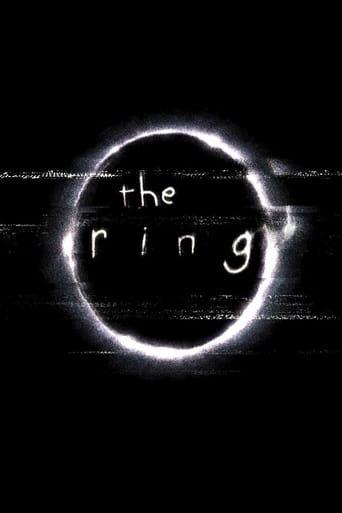
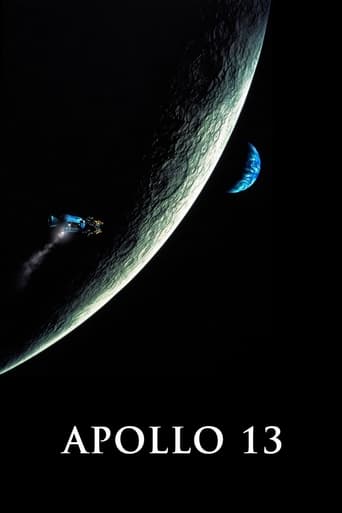

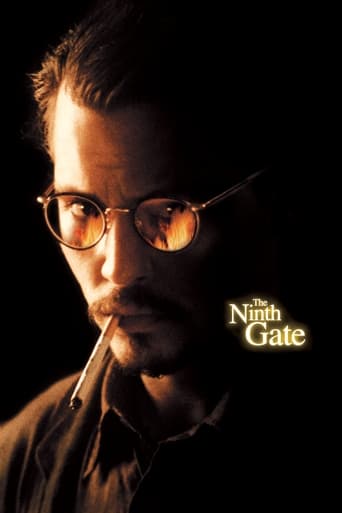
Reviews
A lot of fun.
a film so unique, intoxicating and bizarre that it not only demands another viewing, but is also forgivable as a satirical comedy where the jokes eventually take the back seat.
By the time the dramatic fireworks start popping off, each one feels earned.
An old-fashioned movie made with new-fashioned finesse.
This gripping film focuses on the Rogers Commission investigation of the Space Shuttle Challenger disaster in 1986, through the eyes of the late theoretical physicist and Nobel laureate Richard Feynman. The lead role is acted brilliantly by William Hurt as his determination to uncover the truth is tested by political intrigue, denial of responsibility, and his own personal battle with illness. Hurt has a strong supporting cast including Brian Dennehy, Bruce Greenwood, Joanne Whalley, and Eve Best who all played their roles very well. The script was also of a very good quality, and this helped make this film all the more enjoyable to watch. I enjoyed such lines as (when talking with a lawyer) "How's your integrity?" although this is a small example. All in all I thought this was a very good film and a fitting tribute to Richard Feynman and his dogged struggle to bring the truth to light following an event that shocked the American public and changed their space program forever.
I remember exactly what I was doing when I heard challenger went down. It is one of those events in ones life that remains vivid so many years later. So this movie appealed to me.The movie itself is not all that intriguing, in-fact it moves along quite slowly. There is a conspiracy element. But if you are expecting snipers, sabotage, or mayhem then you will have to find your entertainment elsewhere. This is just about plain old bureaucratic corporate subterfuge at work. But hey, 7 people died. Where is the fault? What went wrong? Someone knows what went wrong. The true cause for the disaster would likely have remained undisclosed, if it weren't for one Richard P. Feynman, played by William Hurt.You basically follow Feynman, an outsider without affiliation, journey from hangar, to launchpad, to meeting, and repeat until he puts the pieces together. (oh and a trip to the Pentagon as well). You wonder if Feynman is ever going to have his day. Or, will he fall flat and fail. After all, this movie is as much about him and his frailties as well. As usual William Hurt gives a rock steady performance. We feel for this poor fellow and cheer him on.The supporting cast is a good fit too. Brian Dennehy is the stereotypical grumpy chairman of the committee. Bruce Greenwood, the wooden Air Force General with all the Pentagon connections. His character serves also as a literary tool to fill us in on the corporate vs. military back story. This reveals to the viewers the motive of certain parties involved to attempt a cover-up. After all, why would anybody not want the truth to come out? Anyways, if you have interest in the subject matter it is worth the watch.
I stumbled across The Challenger Disaster late last night while watching Discovery. I was drawn into the film because it starts by depicting Feynmann, a legend in the physics world, teaching a class.For those who, like I do, work with physicists on a daily basis, William Hurt's depiction of Feynmann is particularly satisfying because the actor has captured so accurately the unique characteristics of both the man himself and of the profession as a whole. While watching this film, I often found myself nodding in recognition as Hurt showed us the kind of single-minded drive for the truth that can seize hold of a scientist engrossed in an interesting problem. At the same time, the more human side of those with such blazing intellect is also movingly portrayed. In Hurt's Feynmann, I saw the same spirit that my colleagues exhibit every day.The movie is also interesting for its historical aspects. In light of the recent cancelling of the shuttle program by the Obama administration, the revelations of NASA's attempt to justify costs and obtain continued funding by co-opting the Titan rocket program into their own payload have special significance. Likewise, the depiction of the pressurized, risk-accepting not-so-safe safety culture of the time will resonate in this post-Chernobyl, post-Fukushima, post-disaster era, where risk analysis and safety culture is growing in prominence.I was in junior high when the Challenger disaster occurred. I remember the shock and the disbelief, and I also remember how quickly the whole thing was forgotten. But as this movie reminds us, thanks to Dr. Feynmann's brilliant work, and the help of other men and women of integrity who were on the commission, something useful and lasting came out of it.
Admirably done story of physicist Richard Feynman's involvement in figuring out the reasons for the explosion of the space shuttle Challenger in 1988.Three agencies were involved in deciding to launch that freezing morning -- NASA, Raytheon, and Morton-Thiokol. This isn't made clear in the film, because the film is about Richard Feynman. But a New Yorker feature article years ago described what the agencies did about their doubts. Calls were made back and forth between the experts at each agency, each anxious to "check its six o'clock", and the question being asked gradually underwent evolution -- from "Should we launch?" to "Why SHOULDN'T we launch?" The results were disastrous.A committee was formed to investigate the causes of the failure, with Feynman being the only independent members, all the others tied up with the military or with political considerations. But this isn't one of those dumb and oversimplified stories in which there is some sort of military/industrial conspiracy against the whistleblower. It belongs to the genre but is a pretty good example of it. So was the more commercially oriented "The Pentagon Wars." An example of a dumbed-down rendition is "The Insider," which really has little to say and shamelessly invents incidents to hype the drama.William Hurt captures Feynman's personality with accuracy. Not his speech or his gestures. It's not an impression. But he has a grasp on Feyman's inner character -- devoted to science and outspoken. Feynman was actually quite a guy and might be described as abrasive. He didn't hesitate to demolish the ideas of others, whether they were equals or subordinates. He didn't do it viciously. He simply pointed out how stupid the notions were and then went on about his business.The climactic scene is unforgettable. All the engineers (who generally hate physicists for having their heads in the clouds) are testifying before the committee and throwing up a blizzard of jargon about "ambient temperatures" and "Kelvin coefficients" and directions to "the Wheatstone Bridge" and other unfathomable cant in order to keep the water so murky that no one can detect their own part in the catastrophe. I won't give away the climax except to say that Feynman pulls a "Bill Nye, The Science Guy" stunt that shuts all the connivers up and embarrasses the experts.The BBC put this out. I suppose they could afford to be a little less careful with American political sensibilities. William Hurt and his scowl of amazement is about perfect. Feynman's illness isn't dwelt on for sympathetic effect but it was real enough; he died a short time later.
